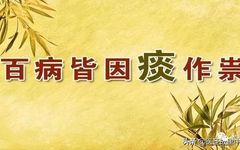“Phlegm is the root of all diseases,” and “many ailments are caused by phlegm.” Phlegm is a pathological product formed by the accumulation and condensation of body fluids, and it is also a pathogenic factor.
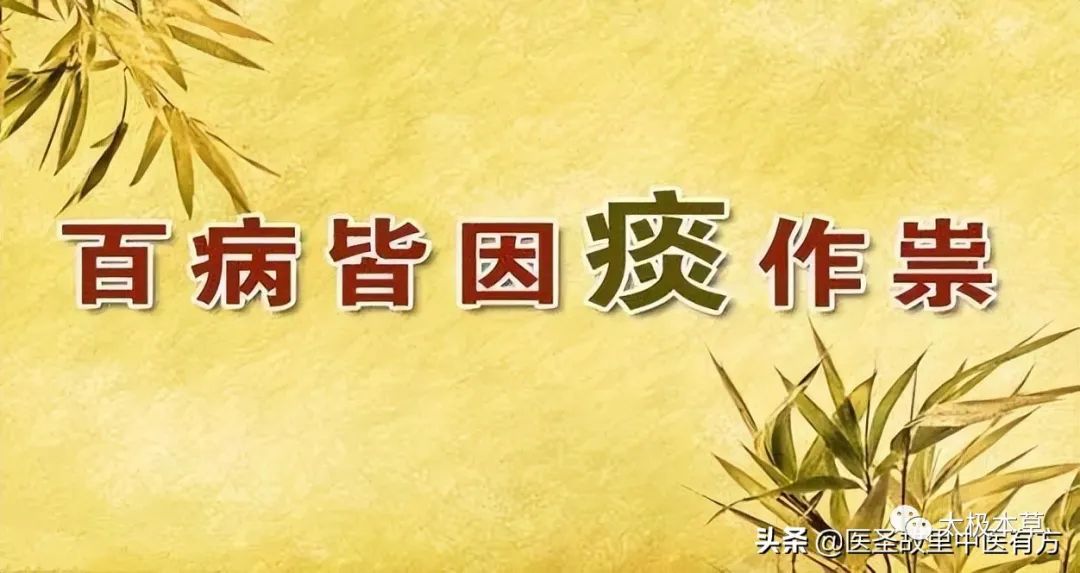
Phlegm is a Yin pathogen that easily injures Yang Qi. Its nature is viscous, obstructing and blocking, leading to a wide range of diseases and various transformations.
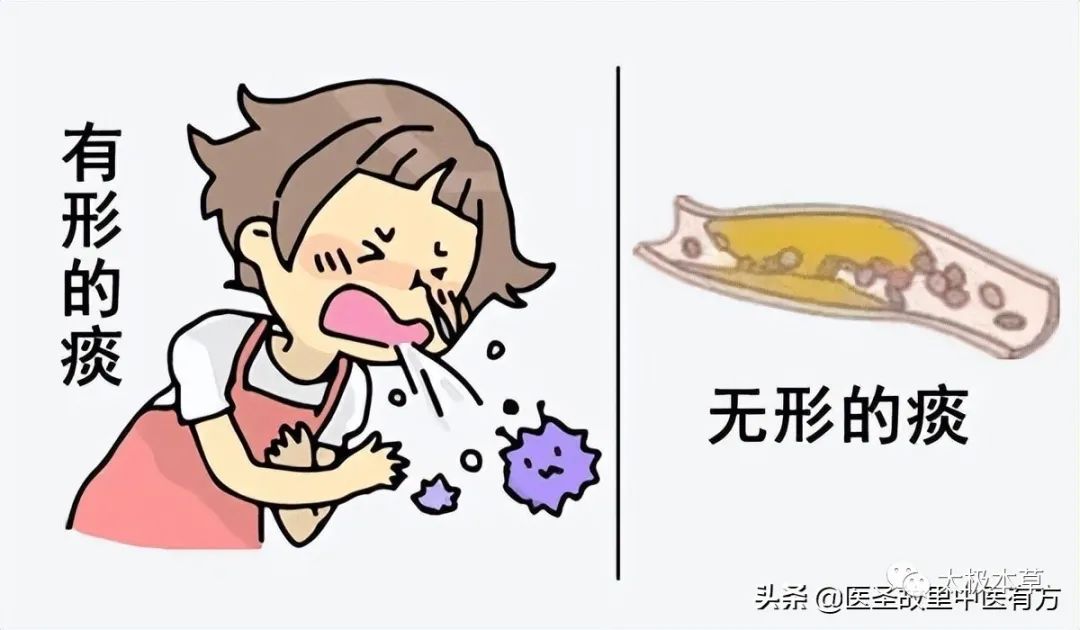
When phlegm obstructs the lungs, symptoms such as shortness of breath, cough, and phlegm expectoration may occur; when phlegm obstructs the heart, symptoms like chest tightness, chest pain, palpitations, anxiety, and insomnia may arise; when phlegm stagnates in the stomach, symptoms like nausea, vomiting, and stomach distension may occur; when phlegm obstructs the meridians, it can lead to numbness and pain in the limbs; when phlegm obstructs the joints, it can cause joint redness, swelling, inflammation, and deformation; when phlegm obstructs the skin, it can lead to various tumors and lumps; when phlegm obstructs the organs, it can form various nodules, cysts, and polyps…
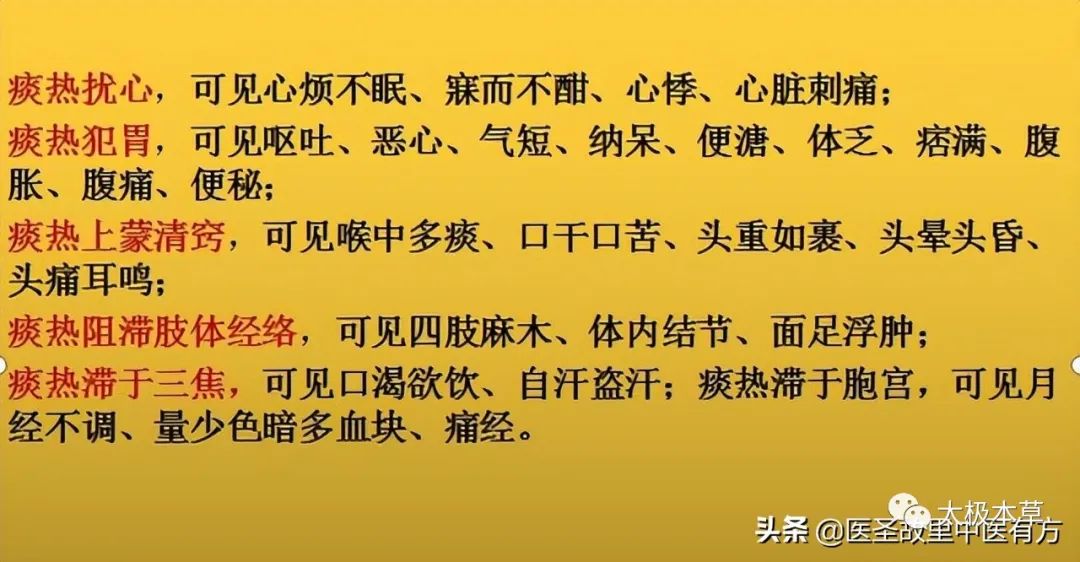
Relationship Between Phlegm and the Organs
All five organs can produce phlegm, and the metabolism of body fluids is governed by the lungs, spleen, and kidneys, thus the generation of phlegm-damp is closely related to these three organs.
The lungs are the storage organ for phlegm, and they are the upper source of water. If lung Qi is deficient or if the lungs are invaded by pathogens, it can lead to the lungs not distributing fluids, causing fluids to accumulate into phlegm; if lung Yin is insufficient and Yin deficiency leads to excessive fire, then the virtual fire can scorch fluids into phlegm; or if external pathogens transform into fire, they can cook the fluids into phlegm.
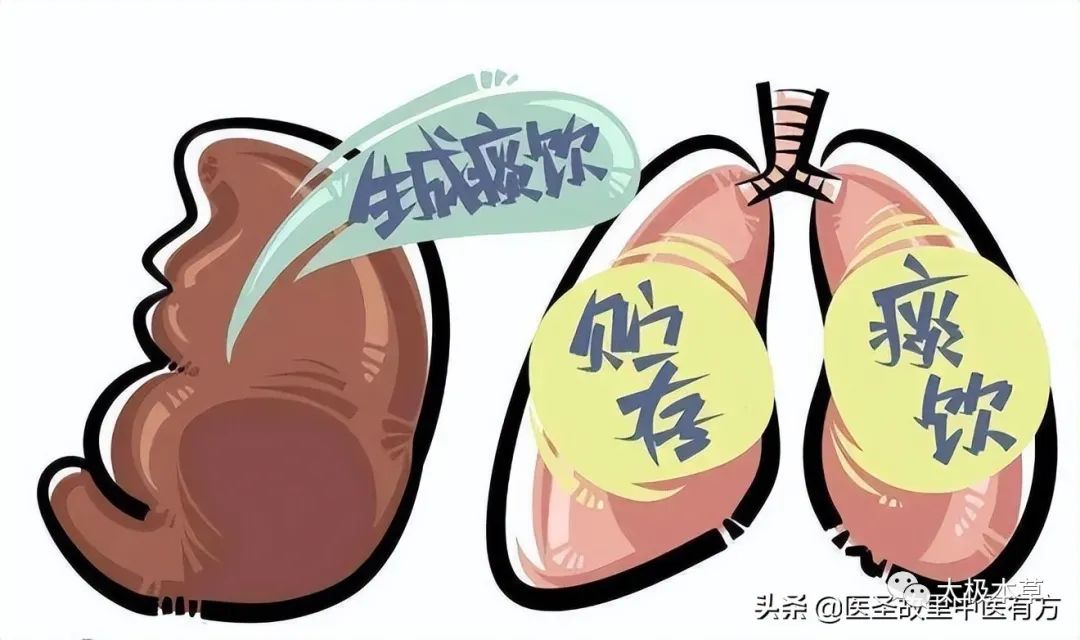
The spleen is the source of phlegm production, and the spleen and stomach are the foundation of postnatal life. If the spleen fails to function properly, and the spleen and stomach cannot regulate the rising and falling of fluids, then the essence of food and water will not be transformed properly, leading to the internal generation of phlegm-damp; or if there is a long-standing illness causing spleen and stomach weakness, it will lose its ability to function properly, leading to the stagnation of water and dampness, which transforms into phlegm.
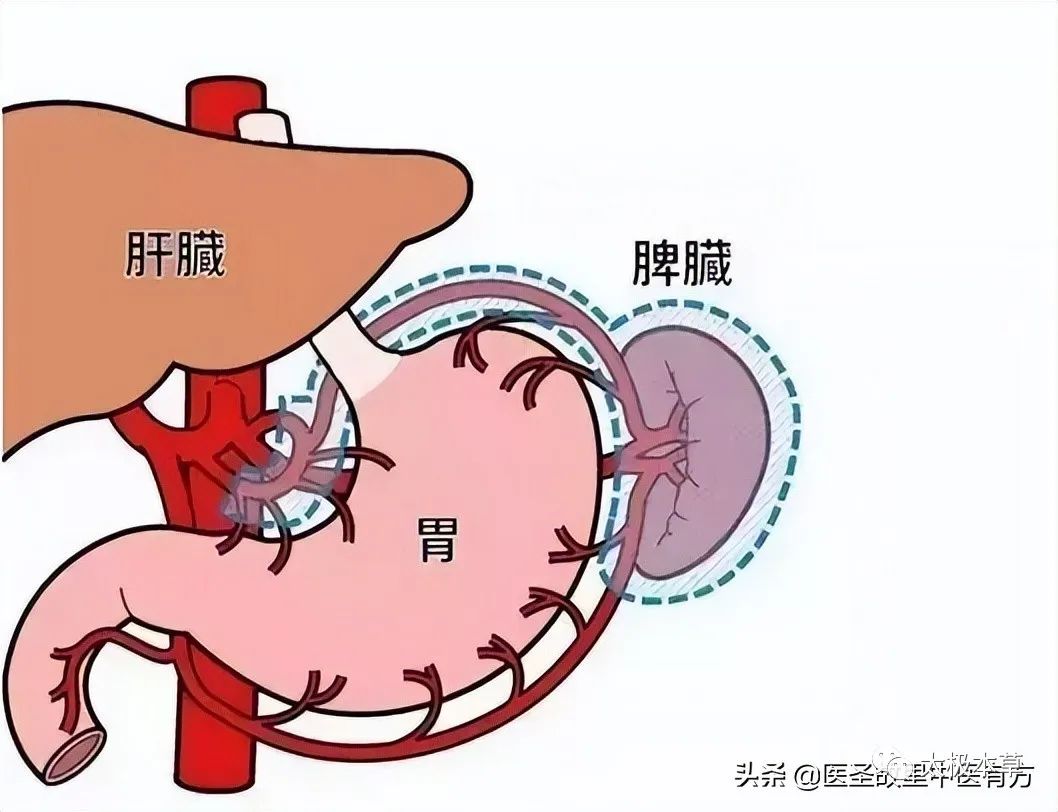
The kidneys are the water organ, governing body fluids. The kidneys are the source of storage, and they are interrelated with the bladder. If kidney Qi is not secure, the bladder cannot hold the water and fluids from the stomach, leading to the generation of phlegm; additionally, the kidney meridian is closely connected with the stomach meridian. If kidney Yang is insufficient, the essence of food and water from the spleen and stomach cannot be properly distributed, accumulating in the spleen and stomach, which can also lead to phlegm production.
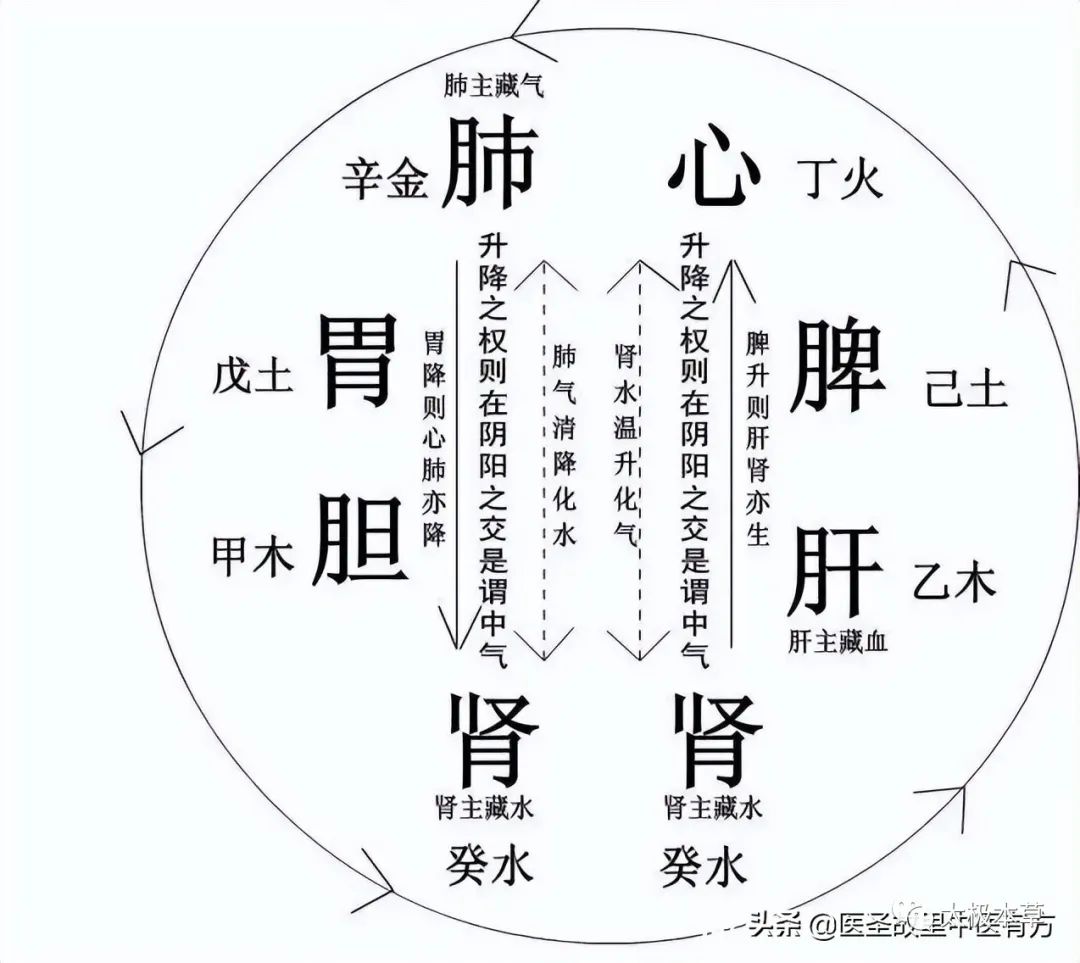
The heart is a Yang organ, located in the upper jiao, belonging to the fire element; the kidneys are Yin organs, located in the lower jiao, belonging to the water element. Heart fire must descend to the kidneys to warm and nourish kidney Yang, preventing kidney water from becoming cold; kidney water must ascend to nourish the heart, supporting heart Yin and restraining heart Yang, preventing excessive heart Yang. If the heart and kidneys are not in harmony, it can lead to the accumulation of water into fluids, which can then accumulate into phlegm.
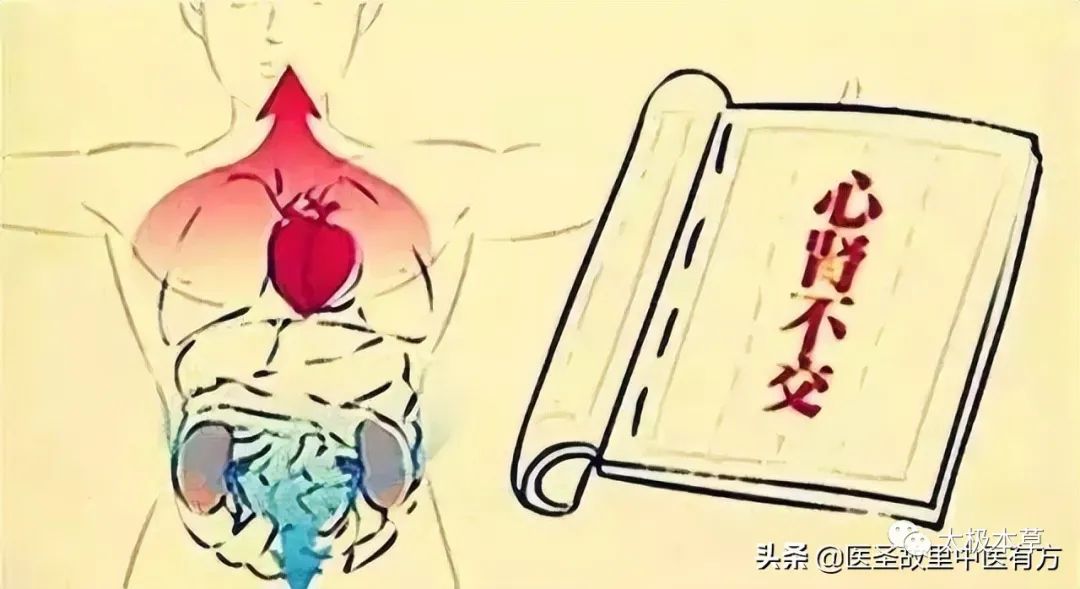
The liver stores blood and governs the smooth flow of Qi. It has the meaning of unblocking, relaxing, and facilitating. If liver Qi is not smooth, and the flow is obstructed, it can lead to phlegm; or if emotional disturbances harm the liver, causing liver Qi stagnation and transformation into fire, it can also scorch fluids into phlegm.
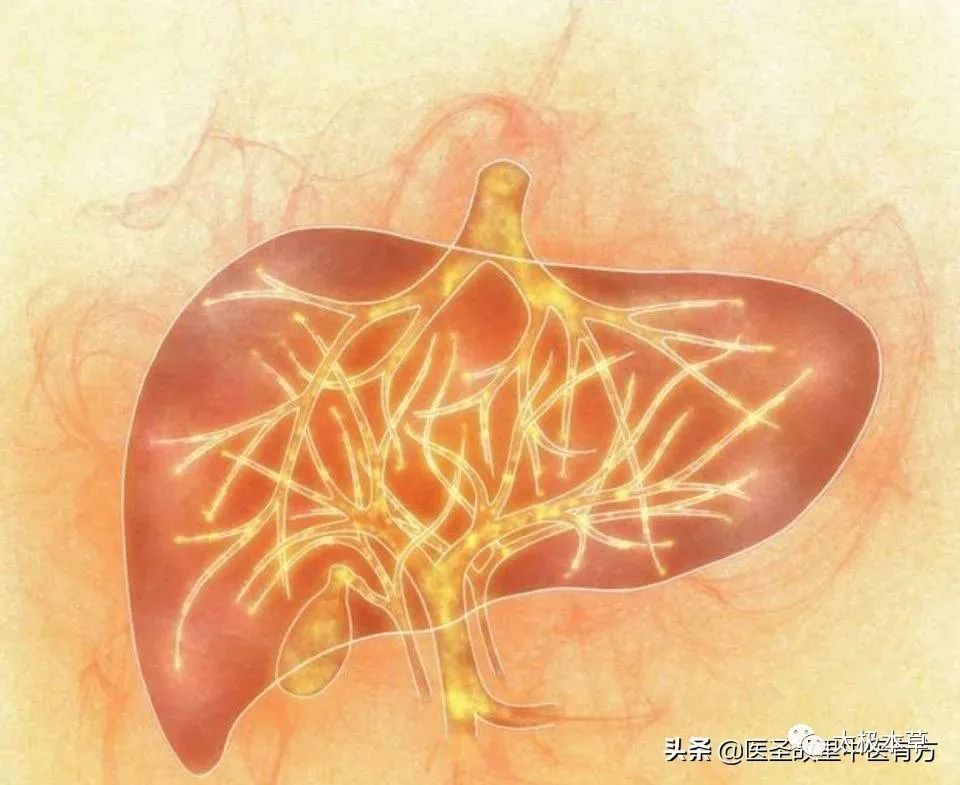
How to Eliminate Phlegm from the Five Organs?
For those with lung Yang deficiency, use Li Yin Decoction to treat phlegm-damp due to heart and lung Yang deficiency.
This formula includes Gui Zhi (Cinnamon Twig) to promote circulation, and Gan Jiang (Dried Ginger) which is warm and spicy, both of which help to support heart and lung Yang, and promote the spleen and stomach. It is complemented by Bai Zhu (White Atractylodes), Fu Ling (Poria), and Gan Cao (Licorice) to regulate the dampness of the spleen and stomach. Bai Shao (White Peony) in the formula can prevent the heat from the herbs from rising excessively, and it can nourish the Yin of the liver and gallbladder, facilitating urination.
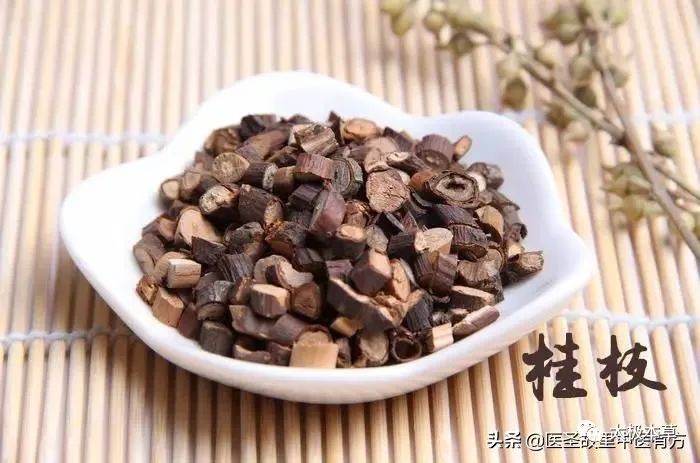
For those with lung Yin deficiency, use Shen Mai Decoction to treat cough and shortness of breath due to lung Qi deficiency.
This formula uses Ren Shen (Ginseng) as the main herb to tonify the lungs, combined with Su Zi (Perilla Seed) to descend Qi and counteract the deficiency. The combination of Ren Shen and Su Zi can tonify Qi and resolve phlegm, while also using Mai Dong (Ophiopogon) to counteract the heat of Ren Shen.
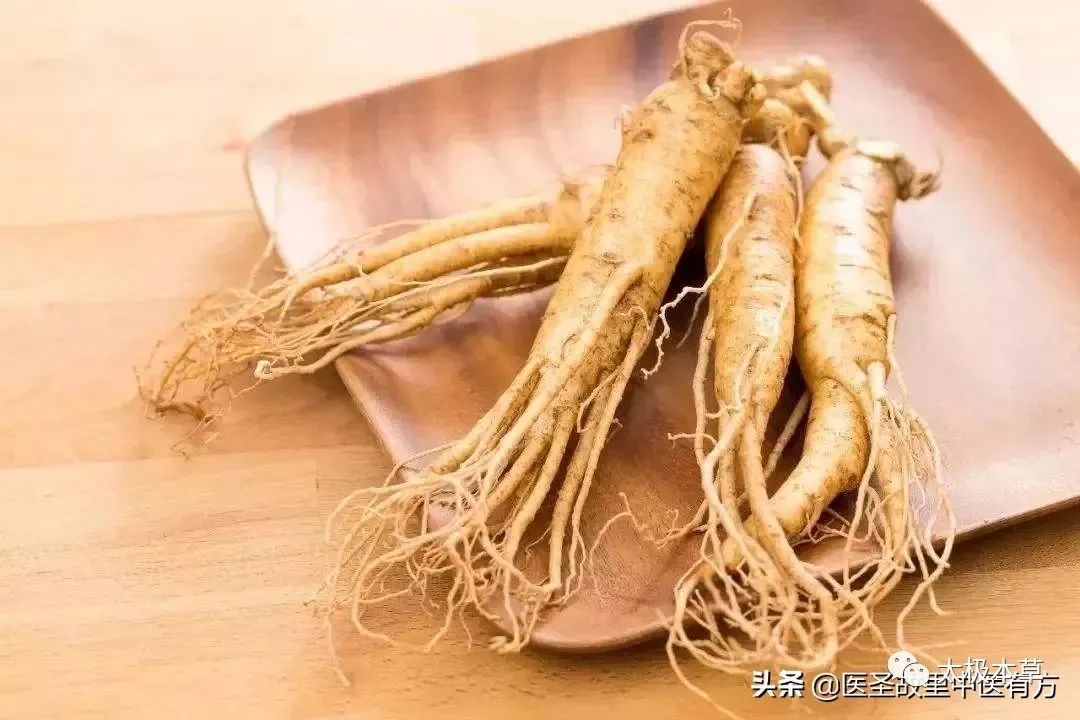
For those with kidney Yang deficiency and poor Qi transformation, use Li Phlegm Decoction to treat cold pain in the lower back and difficulty in joint movement.
This formula uses Ban Xia (Pinellia) to descend the rebellious Qi of the stomach, and Qian Shi (Euryale) to consolidate kidney Qi and counteract rebellious Qi. Fu Ling and Bai Shao work together to promote urination; sesame and Bai Zi Ren (Biota Seed) moisten the dryness of Ban Xia while also assisting Qian Shi in tonifying the kidneys.
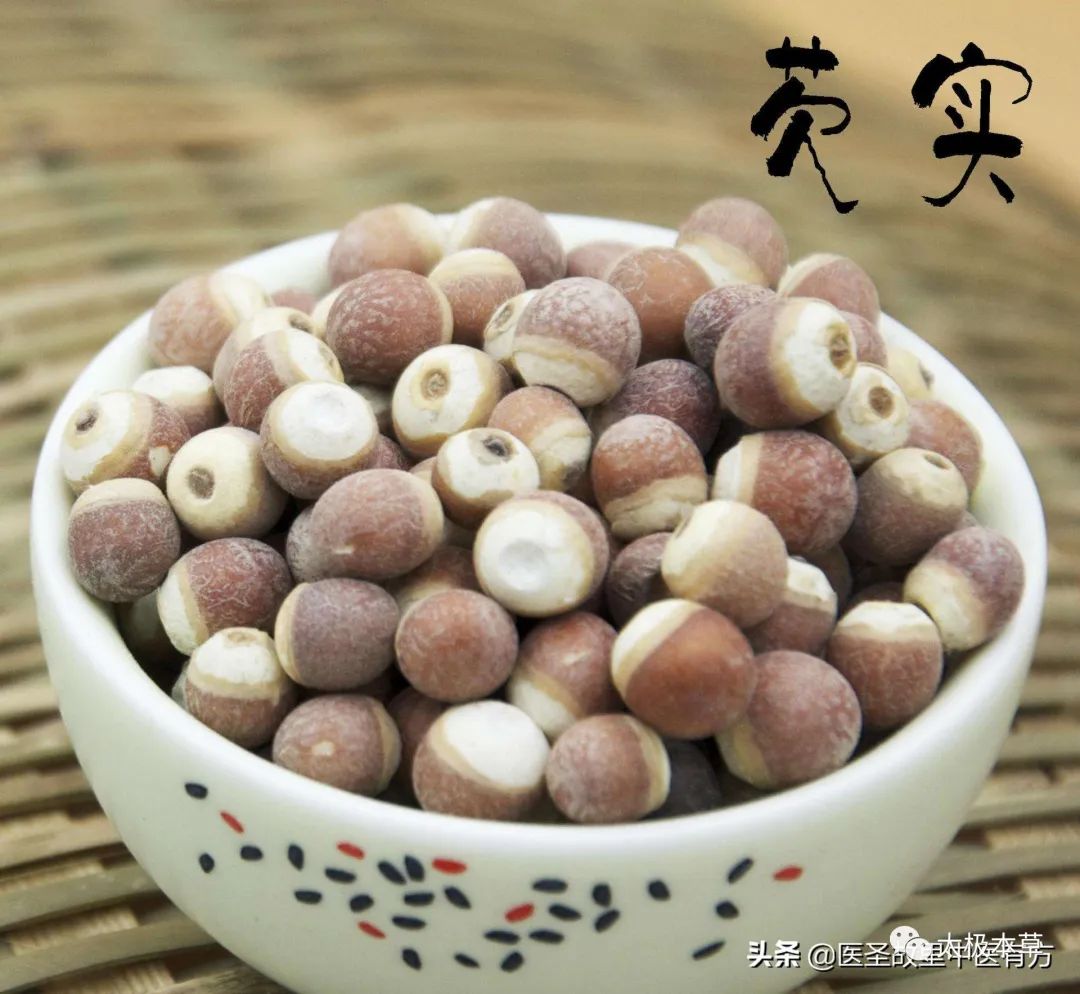
For those with spleen deficiency and phlegm-damp, use Jian Pi Hua Tan Wan to treat oily skin on the face and the tendency to develop various lumps.
This formula includes Bai Zhu, which is good for tonifying the spleen and stomach, resolving phlegm and water, and stopping diarrhea. Ji Nei Jin (Chicken Gizzard Lining) is effective in resolving stagnation and is used in equal parts to digest stagnation, tonify the spleen and stomach, and eliminate dampness and phlegm.
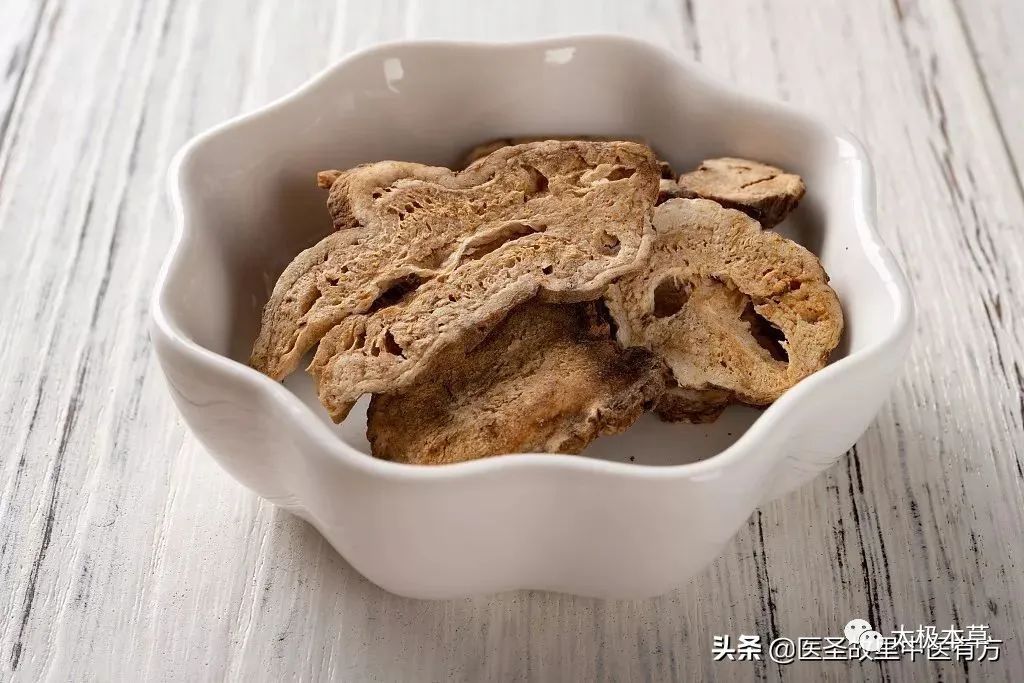
For those with heart and kidney dysfunction, use Long Hao Li Phlegm Decoction to treat phlegm-fire disturbing the heart and mental confusion.
This formula includes Long Gu (Dragon Bone) and Mu Li (Oyster Shell) as the main herbs, which can calm the heart, stabilize the kidneys, and clear heat. When water and fire are balanced, phlegm and fluids will naturally transform. Zhe Shi (Red Ochre) and Pu Huang (Cattail Pollen) are used to guide phlegm and dampness downward.
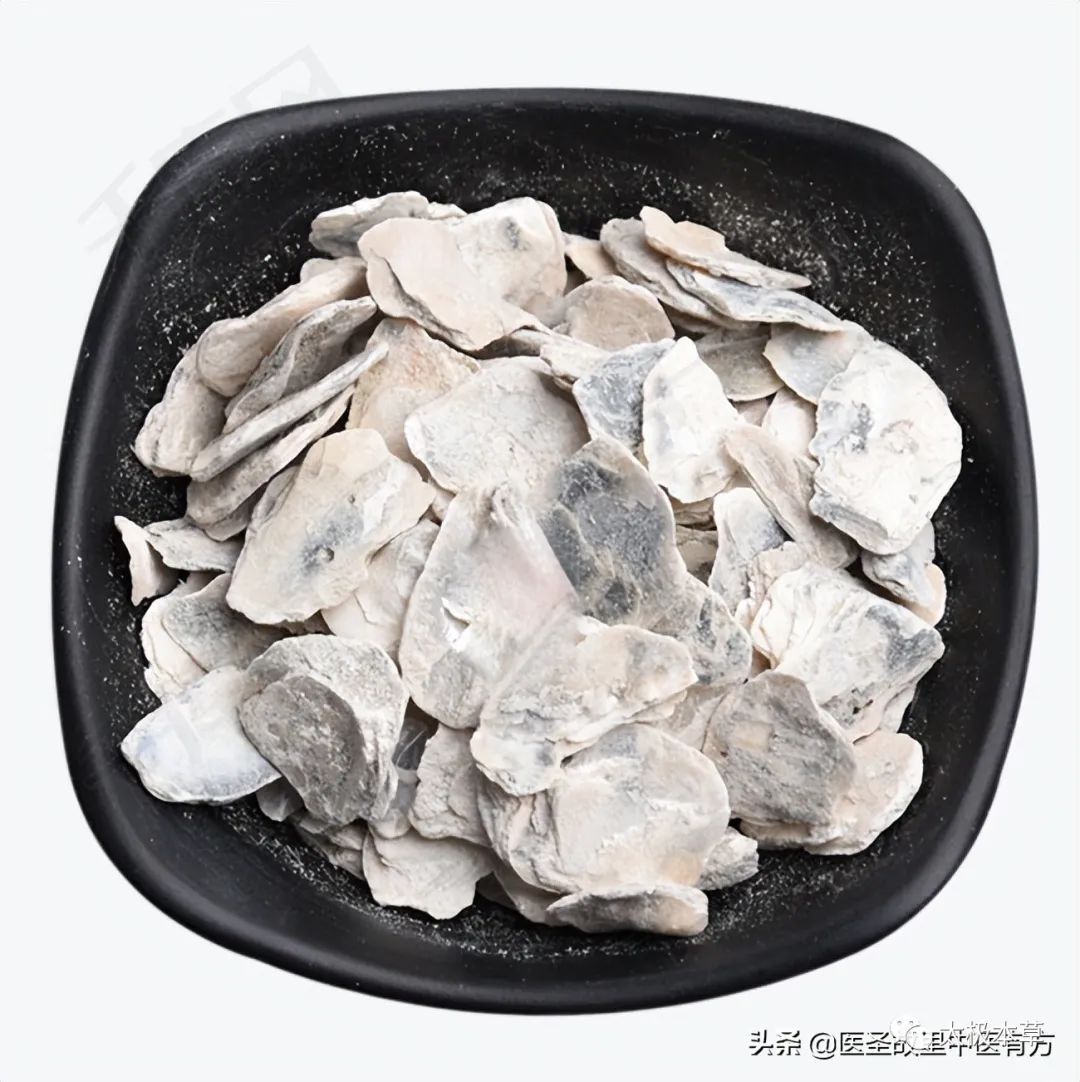
For those with liver fire combined with phlegm causing neurological disturbances, commonly used are Sheng Zhe Shi (Raw Red Ochre) and Ling Zhi Shi (Magnetite), which can calm rebellious Qi and reduce phlegm and fluids.
Zhe Shi and Zhi Shi can calm rebellious Qi and eliminate tangible stagnation because they possess a heavy and sinking quality, which does not harm the Qi or the solid components.
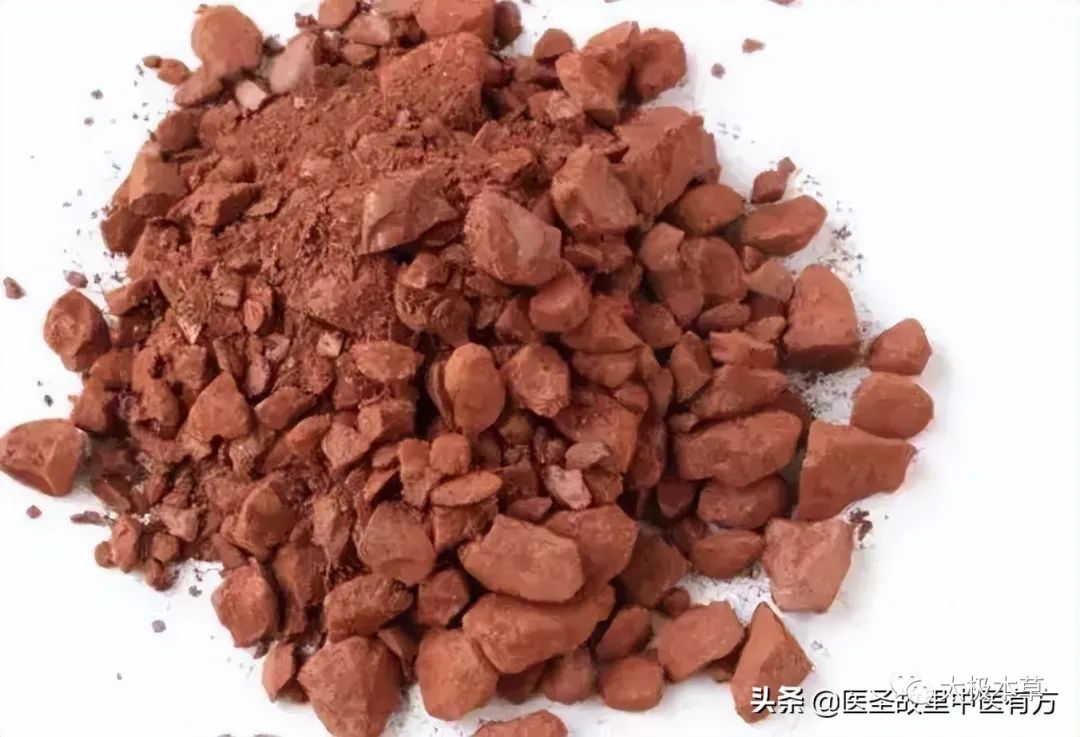
All things are interdependent and counteract each other. Every pathological condition has its reasons. Treating diseases by following the cause, finding the right cause and effect, and adjusting according to symptoms, even the most difficult to eliminate “phlegm-damp” can be managed! Below are common symptoms of phlegm-damp constitution; you can check if you belong to this constitution.
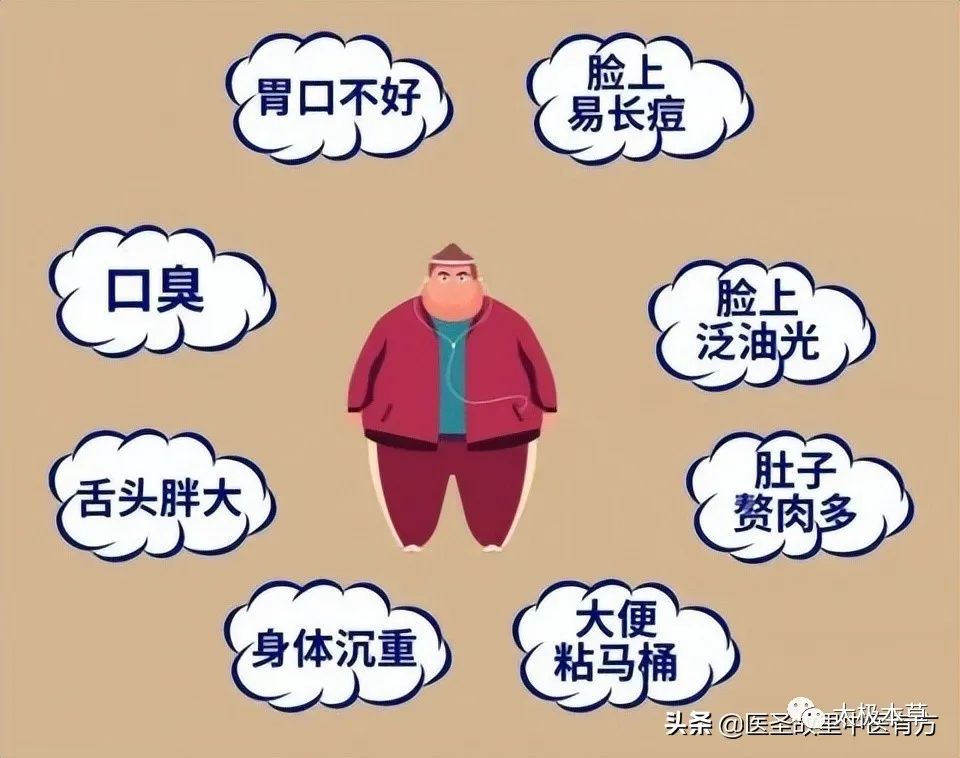

Illustrated knowledge of health preservation, fitness, and preventive treatment, click below

